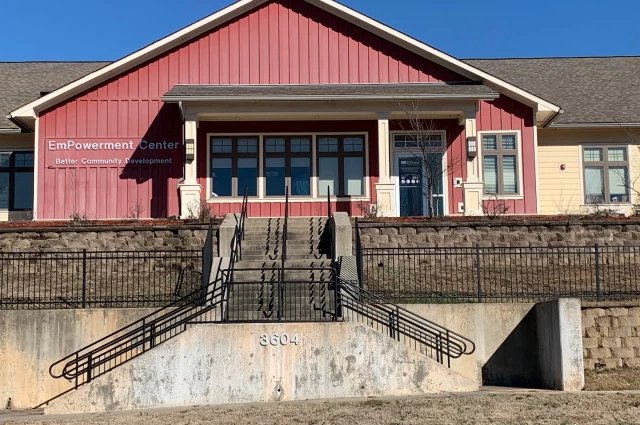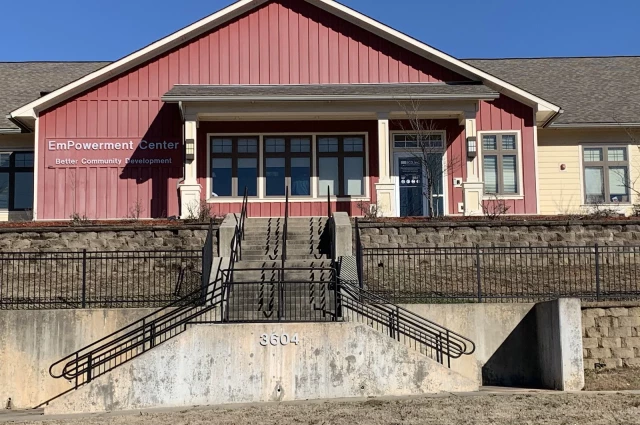BCD Hoover Treatment Center, located in Little Rock, Arkansas, is a leading drug and alcohol rehabilitation institution that helps men and women overcome addiction. The clinic offers a wide range of treatments, including inpatient treatment, intensive outpatient programs (IOP), and aftercare support, all tailored to each individual's specific requirements on their path to recovery. BCD Hoover Treatment Center provides a structured 30-day program in which individuals get at least six hours of daily therapy and counseling. Individual, family, group, and peer therapy sessions are included in the program, ensuring a comprehensive approach to addressing the various facets of addiction. This extensive support system is available 24 hours a day, seven days a week, ensuring that clients receive care when they need it.
The center's commitment to quality in addiction treatment is bolstered by its Joint Commission certification, which acknowledges the facility's adherence to the highest standards of care and devotion to maintaining a safe and effective treatment environment.
BCD Hoover Treatment Center Information
Accreditations
-
Commission on Accreditation of Rehabilitation Facilities (CARF)
Established in 1966, the non-profit organization known as the Commission on Accreditation of Rehabilitation Facilities (CARF) has a dedicated focus on accrediting rehabilitation organizations. CARF's primary mission is to assist service providers, particularly rehabilitation facilities, in upholding and promoting the highest standards of care.

-
State department of health
Government agencies issue State Licenses, which grant rehabilitation organizations permission to conduct their operations lawfully within specific geographic regions. Licenses needed to operate are typically determined by the type of rehabilitation program offered by the facility and its physical location.

-
The Joint Commission
The Joint Commission's addiction and behavioral health accreditation signifies a facility's commitment to high-quality care. It involves rigorous evaluations and assessments of clinical practices, ensuring effective, evidence-based treatment. Accreditation showcases a dedication to continuous improvement and patient safety, instilling trust among patients, families, and healthcare professionals. It's a mark of excellence in addiction and behavioral health care.

Find the best treatment options. Call our free and confidential helpline today!


